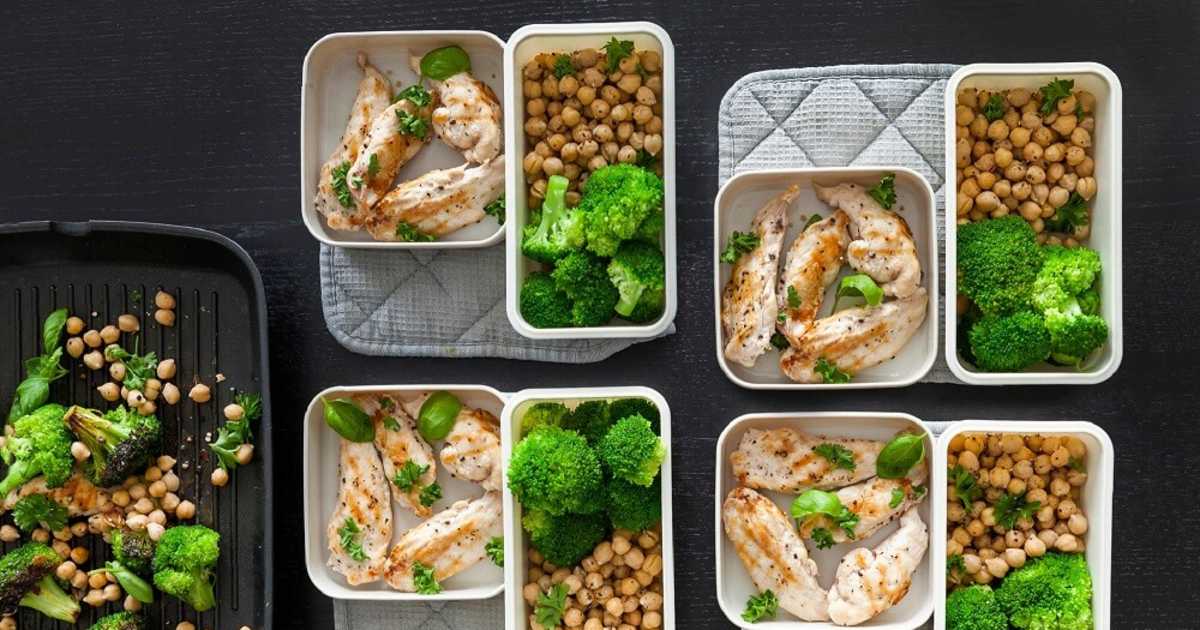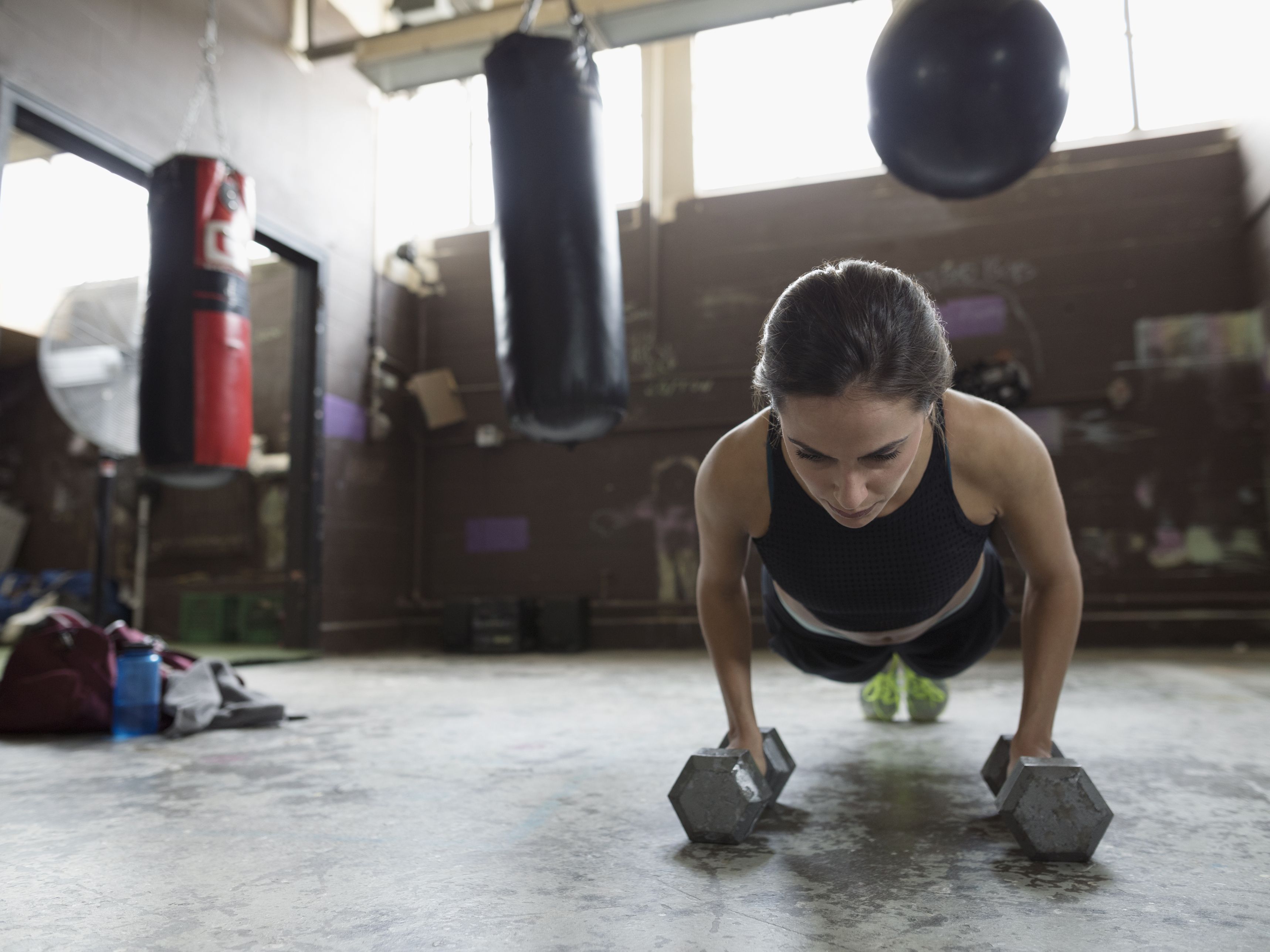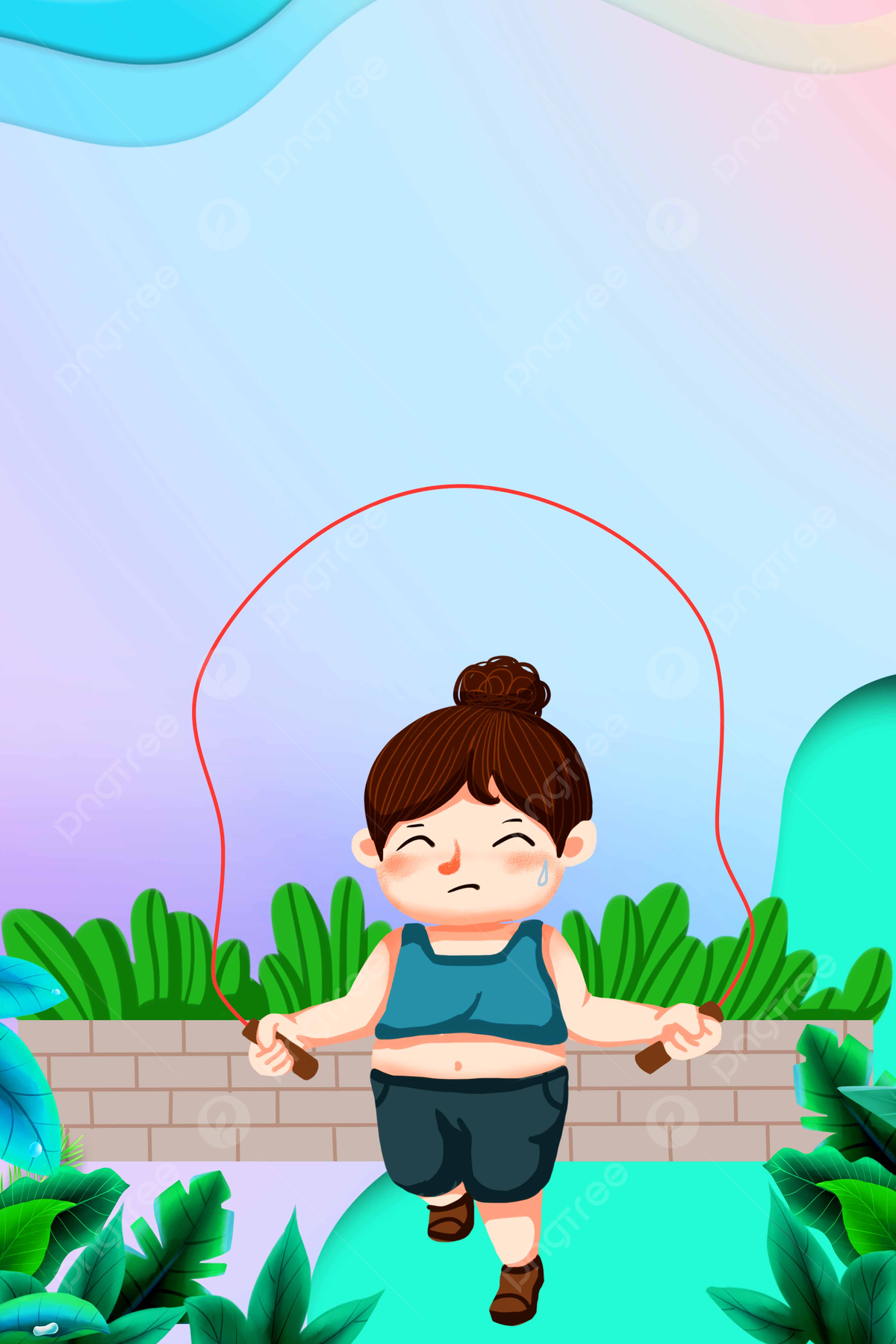
Moderation is important when dining out. You don't have to order as many drinks as you would like, but it is possible to order extra. Choose healthy alternatives to the more indulgent. Avoid alcohol. And remember to stick to a healthy diet while you're out. There are many ways to have a wonderful dining experience without putting on unwanted pounds. Here are some ways to enjoy a wonderful dining experience without gaining unwanted weight.
Moderation is the key
When it comes to healthy eating, the phrase "everything in moderation” is often misunderstood. It may work for some people, but it can be used to excuse overeating unhealthy food. It does not address the fact overeating unhealthy food can cause serious health problems and hinder your fitness goals. A balanced diet with a mixture of vegetables, carbohydrates, and proteins is essential to losing weight.

Be healthy
These are some helpful tips to help you order healthy food at restaurants. First, read the menu carefully before ordering. When you are hungry or distracted, it is common to pick something unhealthy. It is crucial to choose what you want before you go to a restaurant. Also, it is important to verify the nutritional content of your food, so that you don't order anything high in fat, sugar, or sodium. You should also ask staff about the method of preparation. This will allow you to make the best choice.
Avoid alcohol
A lot of alcohol can lead to weight loss. It not only has empty calories, but it can also replace healthy and nutritious food with empty calories. It is best to avoid alcohol at restaurants by choosing sparkling water instead. Meditation, new hobbies and apps that connect sober people are all healthier options to alcohol.
Choosing low-calorie options
If you're going out to eat, be sure to order healthy, low-calorie meals. Try to avoid foods that are laden with saturated fat and sugar. Choose lean protein, complex carbs, and monounsaturated oils instead. You should also avoid meats with the "honey" tag. They may contain sugar or syrup. These processed meats can have lots of extra calories and fat. You may also find additional flavorings and additives in processed meats. Some foods have been linked with an increased chance of cancer.
Avoiding appetizers
Watch what you order when dining out. Restaurant appetizers can be high in calories and fat, which can cause you to eat more than necessary later in the meal. Also, appetizers tend to be high in salt and calories which can hinder weight loss efforts. The best thing to do is to order dishes that have lots of vegetables, which contain fewer calories.

Avoiding overeating
It is possible to avoid overeating while dining out by not eating unhealthy food. According to the CDC, people who eat large portions tend to eat more than they should. You might find it hard to stick to your meal plan when you have unhealthy foods available. You might find yourself tempted to grab your favorite snacks to satisfy your cravings. It may be time to donate them or part with them if they are still unopened.
FAQ
What is the best activity for busy people?
The best way to stay fit is by doing exercises at home. It doesn't take much to get fit. You don't need to spend a lot of money on expensive equipment to do basic exercises at home.
It is all that you need: a pair or dumbbells, a pad, a chair and a timer.
The most important thing is ensuring you are consistent with your workouts. If you are absent for a few weeks, you could lose your motivation.
It is a great way to get started would be to lift weights three times per semaine. These could include push-ups/pull-ups/squats, push-ups/pull-ups or dips/curls.
Once you have mastered these basic movements, you can move on other types of exercises such as running, jumping rope, skipping, yoga, Pilates, dancing, cycling, swimming, weight training, tennis, golf, hiking, basketball, football, soccer, volleyball, badminton, squash, etc.
Make sure you choose the right exercise program for your needs. If you work long hours, you may want to avoid exercise programs that consume too much energy.
If you're a night owl then it is better to exercise in the evening than in the morning.
Be aware of your body and rest when you feel tired.
How can busy people lose excess weight?
It is best to eat less and exercise more to lose weight.
You will gain weight if your eat too much. Exercise is important to lose weight. But if you combine these two simple habits, you'll start losing weight.
Why would you want to lose weight before turning 40?
Over 40s should be concerned about their health and fitness. It is also crucial to find ways to keep fit throughout life. Regular exercise, healthy eating, moderate alcohol consumption, and quitting smoking are all important.
It is also crucial to recognize the fact that our bodies age. Our bones start to weaken, and our muscles start to shrink. It is possible to slow down the process of aging by taking good care of ourselves.
Staying healthy and fit throughout your life is a great way to keep yourself young. These benefits include:
-
Better sleep
-
Improved moods
-
Enhanced energy levels
-
Lower risk for cancer
-
A longer life
-
More independence
-
Better sex
-
Improved memory
-
Improved concentration
-
Better circulation
-
Stronger immune system
-
There are fewer aches and pains
How long should I do Intermittent fasting to lose weight?
It's not as easy to answer as you might think. There are many factors that need to be taken into consideration when deciding how many days of fasting is necessary for optimal fat loss. These factors include:
-
Your age. Intermittent fasting can be difficult for young people (under 40). This is because they have less time to recover after each fast. On the other hand, if you're older (over 60), you may find that you don't have enough energy to sustain an extended period of daily fasting.
-
Your current body composition. A longer period of fasting is more beneficial for those with a lot of muscle mass. You may find shorter fasting more beneficial if your muscle mass is low.
-
How physically active. You may need to increase your fasting time if you exercise often. This will ensure you get enough rest between workouts.
-
Your past medical history. Extra fasting may be necessary for people who have heart disease, diabetes, cancer, or other medical conditions.
-
How do stress and anxiety affect you? Stressful situations often make us eat less. You might need to lengthen your fasting windows in order not to have this problem.
-
Your diet. Certain diets, like ketogenic diets, may require even longer fasting periods.
-
Your sleep quality. Lack of sleep has also been linked to increased appetite and decreased metabolism. It might take some time to find what works best for your needs.
-
The amount of protein that you consume. Consuming more protein helps to stabilize blood sugar levels. This could lead to lower insulin levels. This would allow you to fast for longer periods of time.
-
Individuals who are trying lose or gain weight will require longer fasting times than those who are trying.
-
What proportion of calories do your fasting hours allow you to consume? Fasting for fewer calories per days may lead to greater fat loss than fasting with more calories.
-
Your overall fitness level. A person who is very fit will burn more calories every day because they are faster.
-
Your gender. Men are more hungry than women so they may have to fast for longer periods. Women have smaller appetites than men, so they may need to fast just 20-30 minutes each day.
-
Your lifestyle. Are you someone who is active? Are you able to exercise several times per week? Do you have a job that requires you to sit at a desk all the time? These factors can impact how fast you should be moving.
-
How much money do you spend on food? Healthy eating doesn't mean you have to spend a lot on groceries. Whole grains can be replaced by white bread, fruits can replace candy bars, and lean cuts of meat can be used to save money.
-
It is vital that you control your hunger. You might not have to fast as much if your hunger isn't a problem.
What is the best exercise for weight loss?
The amount of exercise needed for weight loss depends on several factors, including age, gender, body type, and how much you weigh. However, the majority of people require at least 30 minutes of moderate exercise five days a week.
The American College of Sports Medicine recommends that you do 150 minutes of moderate intensity aerobic activity per week. This should be spread over three days.
You can lose 10 pounds by doing 300 minutes of moderate-intensity exercises each week, for example. This includes activities such swimming laps (brisk walking), biking, dancing and playing tennis.
For those just starting out, you might consider 20 minutes of vigorous activity every other week. It could be sprinting, lifting weights, jumping rope or fast walking.
Aerobic exercise can help burn calories as well as build muscle mass. Muscles can burn more calories that fat. So building muscle while losing weight may help you achieve your goal faster.
What can I have in the morning when I'm intermittently fasting?
You should try drinking water first thing in the morning. It will help you feel fuller, faster, and it will give you energy throughout your day. Add lemon juice or cucumber pieces to spice it up.
Is intermittent fasting affecting my sleep quality?
Intermittent fasting can affect your sleep. Your hunger hormones rise when you skip meals. You might find yourself awakened at night due to your hunger hormones.
Experts recommend skipping breakfast. Experts recommend having a light snack before going to bed.
If you are still hungry after your snack, you can eat a small dinner right before you go to bed.
Overeating is not a good idea. Otherwise, you'll end up gaining weight instead of losing it.
Statistics
- Another study found that 24 weeks of weight training led to a 9% increase in metabolic rate among men, which equated to burning approximately 140 more calories per day. (healthline.com)
- One study in 9 active men found that HIIT burned 25–30% more calories per minute than other types of exercises, including weight training, cycling, and running on a treadmill (18Trusted Source (healthline.com)
- According to Harvard Health, it's estimated that a 155-pound (70-kg) person burns around 167 calories per 30 minutes of walking at a moderate pace of 4 mph (6.4 km/h) (5). (healthline.com)
- According to Harvard Health, it's estimated that a 155-pound (70-kg) person burns roughly 112 calories per 30 minutes of weight training (5). (healthline.com)
External Links
How To
How to lose weight fast without exercise
Fast weight loss is possible by eating fewer calories than you burn. This will make your body burn more fat to generate energy. In order to get enough calories your body will start to degrade muscle tissue. This can lead to some muscle loss. Even if you do not exercise while on a diet, you can still lose weight. However, you will likely lose more muscle mass.
To lose weight quickly and without exercising, you need to cut down on your calorie intake. While many people believe they need to cut back on their food intake, it is not the truth. You want to eat fewer calories than what you burn when you are trying to lose weight. What should you eat daily? It all depends upon what type of activity you engage daily. A runner who walks three miles each day would only need about 2,500 calories per week. A person who sits at a computer all day would need around 1,600 calories per day. For someone who exercises often (e.g. lifting weights), the daily intake would be around 1,600 calories.
To lose excess weight, you need to cut back on your caloric intake. Many people believe that they need to eat less because they feel starving. But this isn't the case. Your body doesn’t care what you eat; it wants to function properly. Tracking your calorie intake is key to losing weight. There are many apps available online that allow you to monitor your calorie intake. These apps include MyFitnessPal and Calorie Counter.